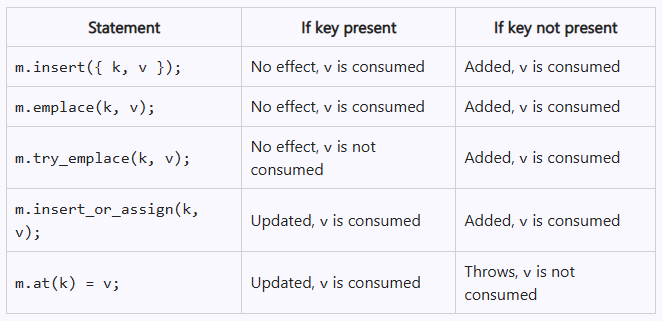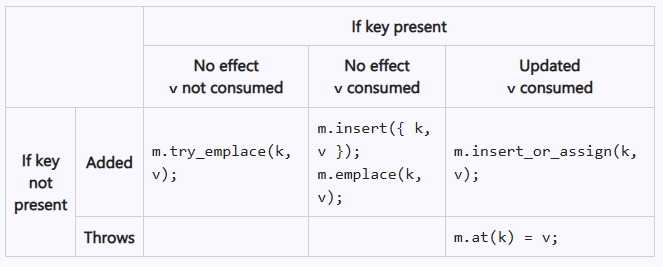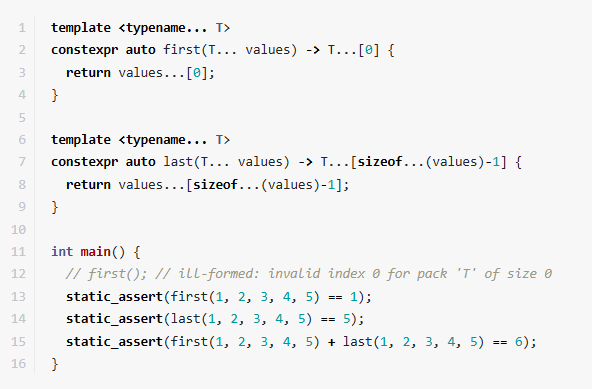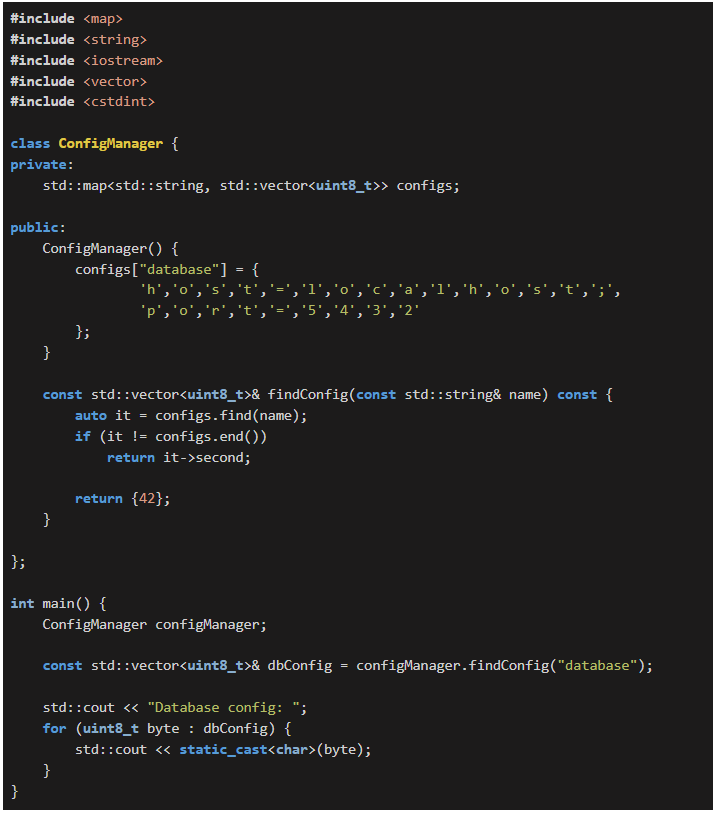C++ for Embedded Systems: constexpr and consteval -- Andreas Fertig
 In today's post, I'll learn how modern C++ can influence the code you write for your embedded system. You will see code using up to C++23. The example I show you below circles around at least two questions I got various times from customers: What is consteval good for? What is that user-defined literal operator, and why should I care?
In today's post, I'll learn how modern C++ can influence the code you write for your embedded system. You will see code using up to C++23. The example I show you below circles around at least two questions I got various times from customers: What is consteval good for? What is that user-defined literal operator, and why should I care?
C++ for Embedded Systems: constexpr and consteval
by Andreas Fertig
From the article:
Chapter One: What is a MAC address?
I teach a lot of classes to customers who are developing embedded systems. That makes sense. I worked for a long time in that domain, and I enjoyed it so much.One recurring topic is networking. While nowadays we have various different network types and technologies, let's use the Internet Protocol (IP) today. The base of network communication is your Network Interface Card (NIC). Each NIC has a unique Medium Control Address (MAC) assigned. The MAC address is the base layer for everything on top, like TCP/IP.
A MAC address consists of exactly six bytes. One way to represent a MAC address in code is this:


 The
The 

 C++26 introduces pack indexing as a core language feature, making it significantly easier to extract specific elements from parameter packs using a familiar subscript syntax. This improvement, proposed by Corentin Jabot and Pablo Halpern, eliminates the need for cumbersome workarounds like recursive templates or boolean expression tricks, providing a more intuitive and readable approach.
C++26 introduces pack indexing as a core language feature, making it significantly easier to extract specific elements from parameter packs using a familiar subscript syntax. This improvement, proposed by Corentin Jabot and Pablo Halpern, eliminates the need for cumbersome workarounds like recursive templates or boolean expression tricks, providing a more intuitive and readable approach.
 In this blog post, we’ll explore ways to improve the safety of a simple configuration manager. We’ll handle common pitfalls like dangling references and excessive stack usage. Additionally, we’ll see how C++26 helps enforce safer coding practices with stricter diagnostics and improved handling of large objects.
In this blog post, we’ll explore ways to improve the safety of a simple configuration manager. We’ll handle common pitfalls like dangling references and excessive stack usage. Additionally, we’ll see how C++26 helps enforce safer coding practices with stricter diagnostics and improved handling of large objects.